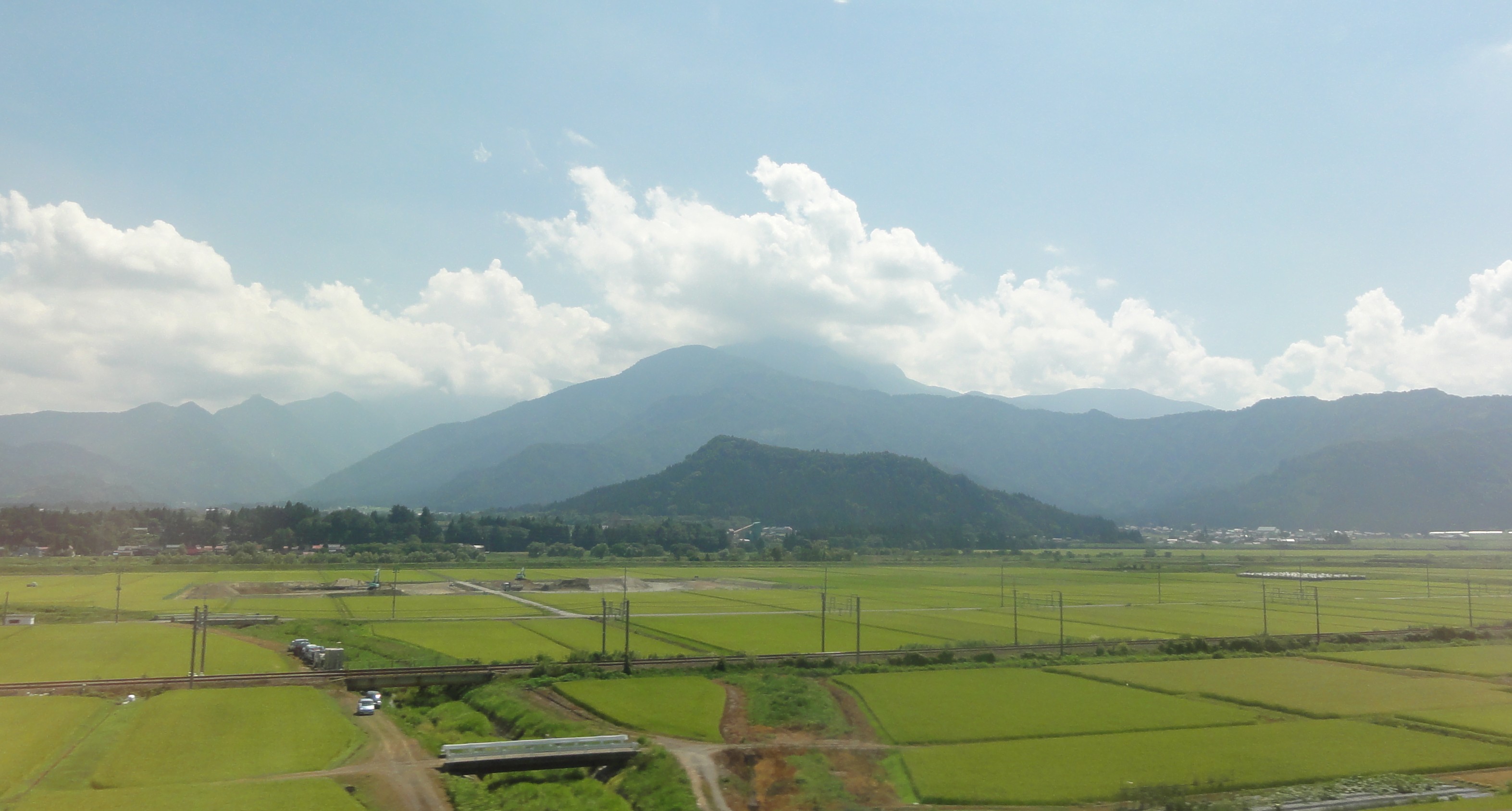Good morning!
After the long dry hot summer with drought disasters now we have a lot of rain like a rainy season. So, we missed the full moon just a few days ago. I came back from Japan just having a glance of the almost full moon, but rain started there also before I left there.
I am going to visitNew Zealand to talk about and demonstrate Zen. I sent a short summary of my talk to the professors atUnitechUniversity. One of them asked me if I can give concrete merits of Zen in everyday life for students. How would you tell them?
There is a famous scripture title Samana-phala-sutta: samana means striver, phala, fruit, and sutta, suture, short aphorism or gist of teaching. It is a long scripture in the Long Discourse, Dhigha Nikaya, because it includes the arguments of the famous six heretics at the Buddha’s time.
They advocated amoralism, agnostism, materialism, fatalism, worldly way, and multi-values. The king Ajatasattu at the full moon night wanted to listen to the true teaching, as these heretics could not satisfy him with concrete fruit or merit. So, his doctor advised him to visit the Buddha.
The Buddha said that anyone, even slaves, could renounce and practice the Awakened Way. Then, anyone, even kings must revere, prostrate, and protect them, because they have the supramundane, ultimate truth beyond mundane, conventional truth or way.
The king asked further and the Buddha told the invisible merit of essentially the triple learning of sîla, samâdhi, and prajñâ, or morality, jhâna or zen, and the supreme knowledge called six divine faculties: divine feet, eyes, ears, knowing others’ minds, exhaustion of flux, and the insight into past lives.
Jhâna or zen removes the five coverings or obstacles of delusion, desire, divisiveness, drowsiness, and doubt, and the four fluxes of lust, becoming, not becoming (suicide), and views or belief in dogmas. In zen all these become extinct and eventually one enters into equanimity, renouncing all.
That is nirvana, unconditioned peace in penetrating purity, stopping karma conditionings, confusions, and contaminations which cause us to go through ups and downs, births and deaths of straying through the six realms of hell beings, hungry ghosts, fighting devils, animal, human, and celestial beings.
Only in this penetrating peace and purity can we have the penetrating prognosis. Without it we must go through vicissitude of transmigration without confidence and comfort. With it we can live in peace, prognosis, and joy with confidence with all without delusions, doubts, fluxes, and foes.
The triple learning which all Buddhists practice gives us penetrating perfection and a wholly wholesome life. Zen is not only going beyond the secular world, but also living in it, working with it, and improving it positively and dynamically with nirvana, unconditional peace, and bodhi, awakening.
It is always based on the unconditioned peace and unsurpassed awakening, neither falling into nor faring out of it. So, our practice is going with all always, good in the beginning, in the middle, and in the end. Dogen said, “If without limited minds, there is limitless luck.”
Samana usually means “renunciants” in the Southern tradition, but it really means “striver” practicing here and now not ignoring our world. As Dogen said, “Cultivation is verification.” So, anyone can practice and partake in penetrating purity, peace, and prognosis right here and now.
It is witnessing suchness with our inner eyes also with all throughout space and time. That is living Buddha’s life, awakened life. We live a good day everyday. This is the motto of Zen. We can live a good day, day by day, with all in confidence and comfort without delusion and doubt.
9/2/12

